The truth behind the transfer window rumour mill, by those in the know
Once mere space-filler, the tabloid transfer story is now huge for players, fans and clubs alike. But who dances to whose tune? FourFourTwo asks the protagonists...
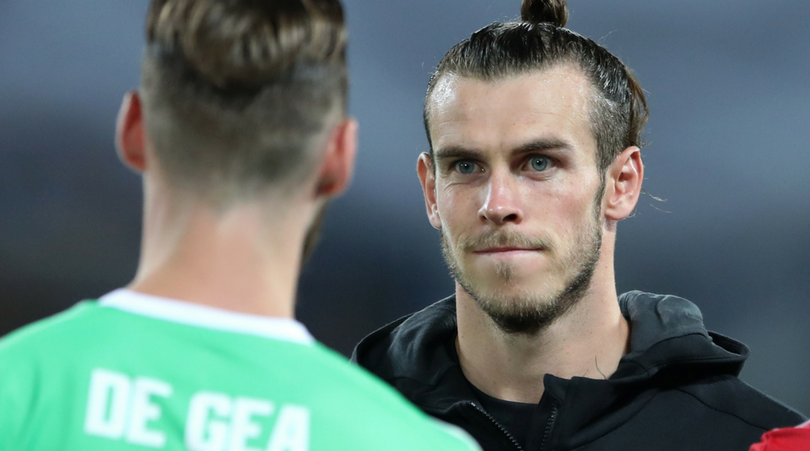
Rupert Murdoch had a problem. The year was 1969 and, having acquired a failing newspaper in The Sun and resolved to turn it tabloid, the Australian got the bad news: a limited number of suitable printing presses meant the first editions of each paper would have to be finished and en route to newsagents across the UK long before the final whistle of evening football matches had blown.
This was potentially disastrous news for a title targeting football fans as its core audience. Yet not only did Murdoch and his first editor, Larry Lamb, overcome it to create what would soon become Britain's most popular paper, they inadvertently created something bigger.
Not only did Murdoch and his first editor, Larry Lamb, create what would soon become Britain's most popular paper, they inadvertently created something bigger
Their solution was to fill the first edition, on pages which would be replaced by match reports later, with transfer gossip stories. "Eventually Murdoch got another printing press in the north so they could get the football in first time," says a Fleet Street veteran. "Then people complained that they missed the transfer stories! So they got back in and have been getting in ever since." A monster was born.
Told by key participants who prefer to remain anonymous for reasons which will become clear, here is the story of how the transfer rumour mill grinds up its heady swirl of information and disinformation - and how players, agents and clubs use it for their own ends...
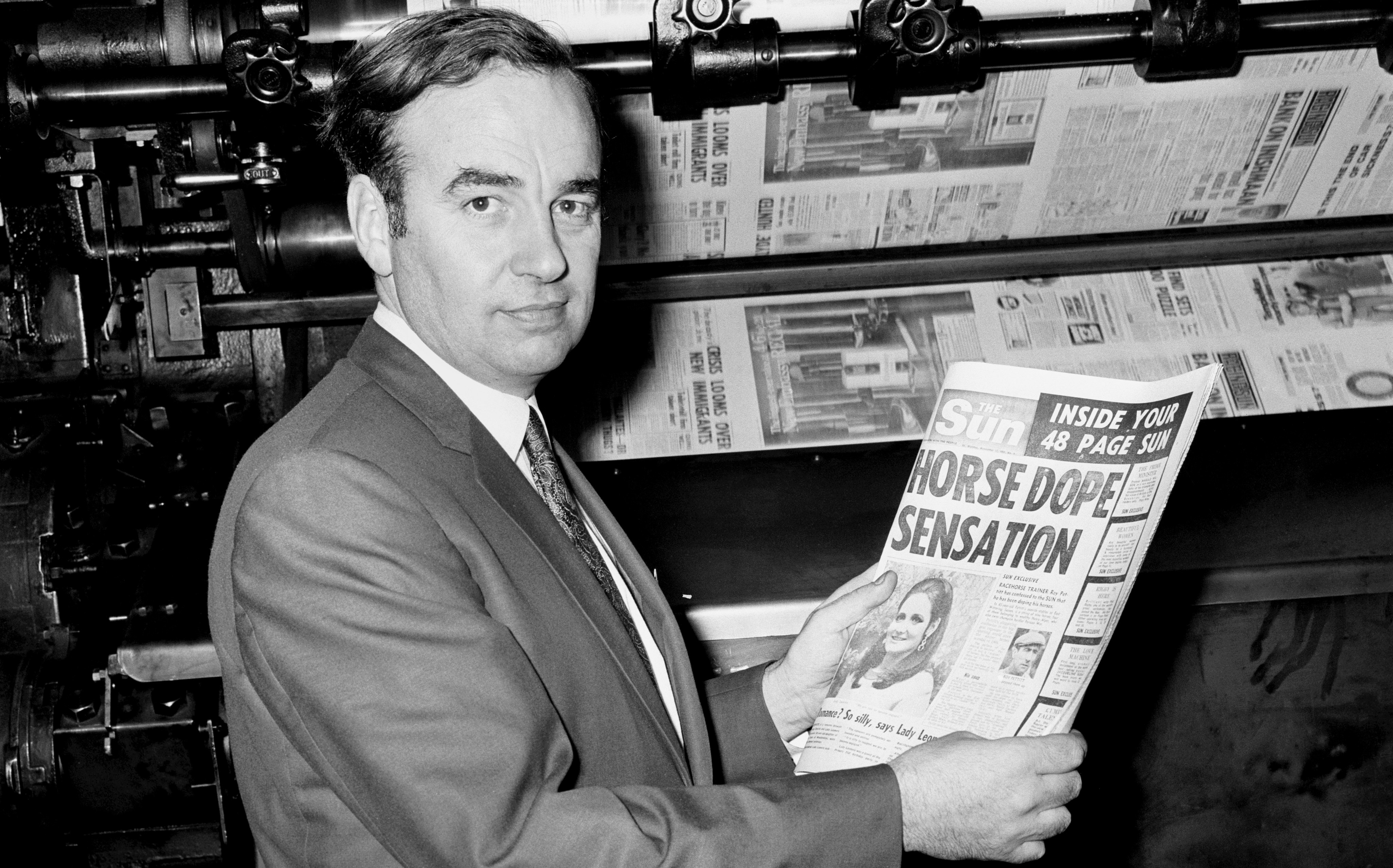
The Agent: I think part of the fascination with the transfer rumour mill is this: in football, you have so few chances to actually win anything. So seeing your club pursue and eventually complete a massive transfer is as near as some supporters will come to actually winning something.
The Tabloid Journalist: The demand now is insatiable. When you look at the numbers of readers online, transfer stories come out on top for sport stories. Even a tenuous transfer story involving one of the big clubs can top the charts.
The Premier League Player: How do they start? Let's say I wanted a move... well, if you're Premier League quality you can get one, but it isn't as simple as going into the manager's office and putting a letter on his desk.
Get FourFourTwo Newsletter
The best features, fun and footballing quizzes, straight to your inbox every week.
Seeing your club pursue and eventually complete a massive transfer is as near as some supporters will come to actually winning something
The Chief Exec: A written request is the worst thing for a player or an agent. Every contract has an annual loyalty bonus built in and even if a player is sold in the most acrimonious circumstances, as long as he didn't hand in a transfer request the club has to pay that for the remainder of his contract. Players and agents don't want to lose that so you end up doing this dance.
The Tabloid Journalist: Half of what I do with transfer stories is stay on top of things. Who is coming to the end of his contract at a big club, or what positions does that club need to strengthen? Then you target those players' agents and their clubs and make the calls. An example is Tottenham. The minute they weren't in the Champions League, some of us would be hitting the phones to see what that meant for Luka Modric and Gareth Bale. Those kind of stories are 50% of the rumour mill; the rest will be tips that come from agents, players, clubs...

The Premier League Player: I had a couple of moves where I just wanted to leave and a couple of other moves where I heard another club were interested but were getting no encouragement. It makes sense to get the ball rolling. The most direct way would be to talk to your agent and say: "Put it out there for me." Or you can talk to your mates, and they might talk to their agents. Sometimes you'd talk to people inside your club; the scouts or someone you trust and who you know has got a relationship with a journalist. But you never know in football. One time, when I wasn't getting picked, I mentioned to someone I trusted that I knew a team were interested in me. I thought he'd tell one of his contacts. The next morning I was straight in the boss's office and he told me: "Look, you can forget all about going to them."
The Chief Exec: The transfer market is a nefarious world where things are not always what they seem. Players, agents and clubs do things to further their own ends.
It makes sense to get the ball rolling. Sometimes you'd talk to people inside your club; the scouts or someone you trust and who you know has got a relationship with a journalist
The Premier League Player: On one occasion, a team-mate of mine wanted a move. He picked a day when we had a day off, then tipped off a local journalist that he'd been made to train away from the first-team squad, with the kids. They made sure there was a photographer there in the bushes. He wasn't even supposed to be in training at all but he came in specially, just for the photos! That story alerted a couple of people and a few days later he was beaming in the changing room, saying: "It worked: [top Premier League side] have been in for me."
The Sunday Journalist: Sometimes it's blatant. One of my contacts is mates with a player who's an international and a regular Premier League goalscorer. A few weeks ago, my contact tells me his mate has told him Manchester City are after him. Now, he's good, but he's not that good. So you wonder why he's saying this - to get City to talk to his agent, to get someone else to get in touch? A lot of it is wish fulfilment. But if you can successfully plant the seed that City might be interested, and it gets in the paper somehow, then I suppose it only takes one person to read it...
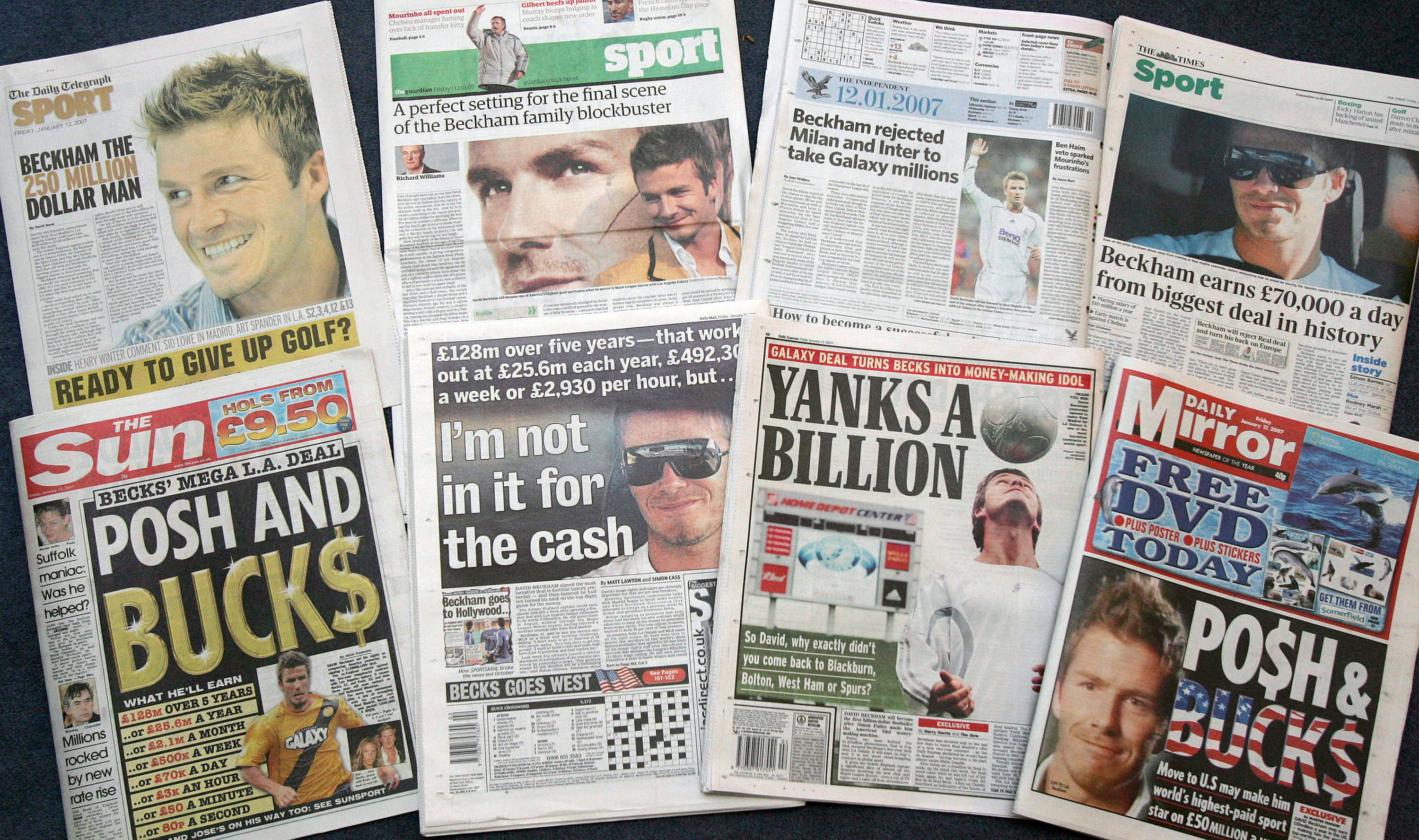
The Tabloid Journalist: It's almost unheard of that a player will call with a tip about himself, and very rare that an agent will ring up out of the blue and say: "Liverpool want my player." There is a small group of agents I talk to all the time. The best tips are from them when one of their players isn't involved and they're repeating something they have heard. They have no agenda in the story and it's come purely because people in football like to gossip as much as the rest of us do.
The Sunday Journalist: Football is a village. I have a list of 15-20 managers I can call, and in most cases they're just as aware of what is going on elsewhere as they are with events at their own club. If you do a favour for a manager, he will give you something in exchange. A manager phoned me this morning and said: "I want this goalkeeper but I hear he's going elsewhere. Can you find out?" I was able to help, and he gave me a tip about another big story, which is definitely happening, at a neighbouring club.
I have a list of 15-20 managers I can call, and in most cases they're just as aware of what is going on elsewhere as they are with events at their own club
The Tabloid Journalist: There are so many people involved in any transfer - the manager, the chairman, the director of football, the player's representative, the player himself - and each of them are likely to speak to another four or five people about it. It's like six degrees of separation; only in football it's more like two degrees of separation.
The Chief Exec: Of course it works both ways. It's an agent's modus operandi to use contacts in the press, so clubs will do it too if they want a player out or in. During the process of a big transfer saga, a club can brief journalists on what's going on if it suits them.
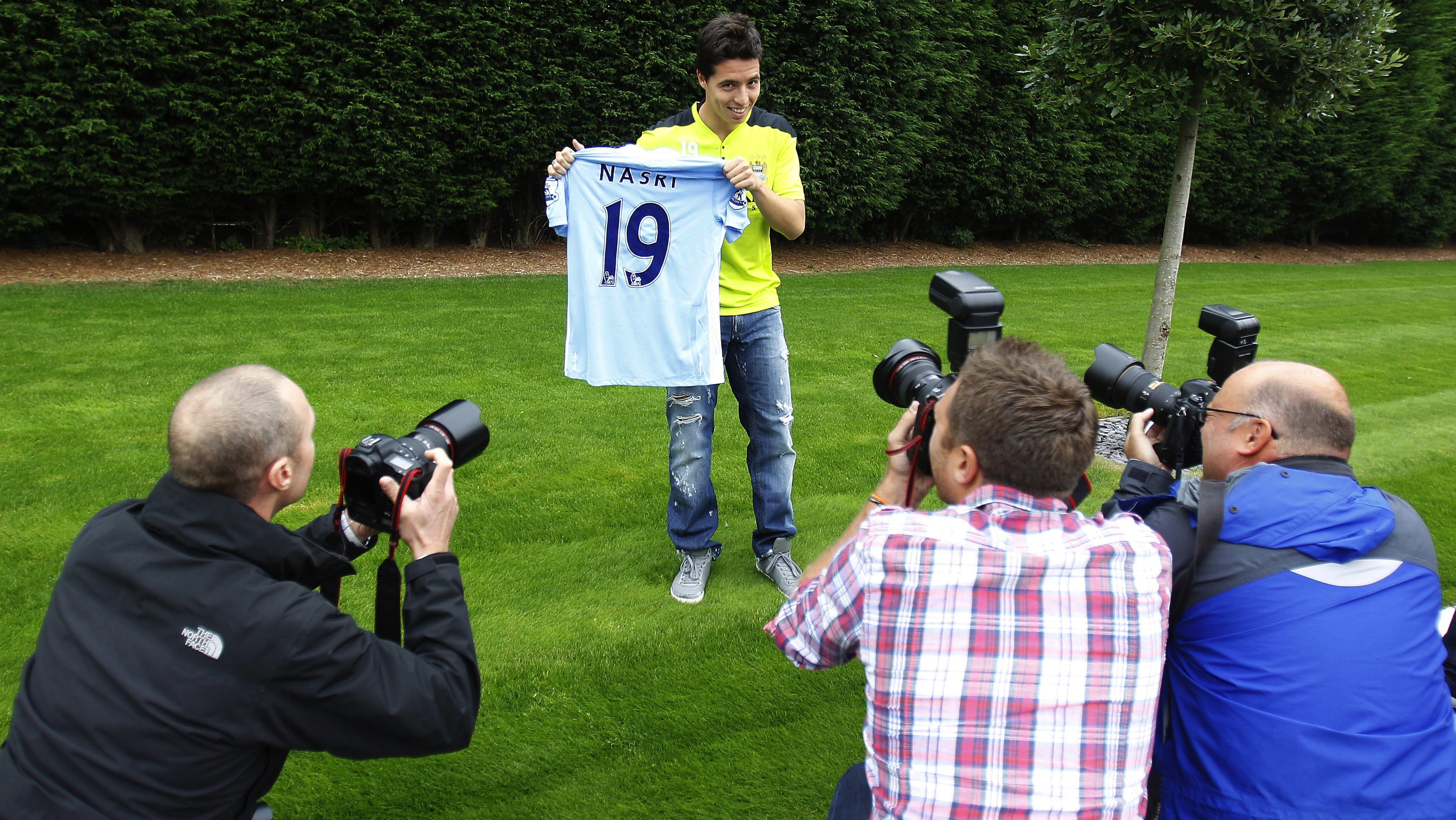
Read on for more insight...
The Tabloid Journalist: With Samir Nasri, all three clubs (Arsenal, Man City and Man United) were briefing. One of the top-four clubs is notorious for secrecy but they have briefed continually about what they said were done deals, weeks before the player actually signed. But in some cases the briefings, for whatever reason, aren't correct. One of last January's biggest signings, I was categorically told by the club, was absolutely dead on the morning that it happened. One funny one was Tottenham's loan deal for David Beckham. Spurs put out an unequivocal denial, then two days later Harry [Redknapp] said: "Yes, I'd love to sign him and we've had talks." I don't blame the press officer: they were telling the truth as they knew it.
The Agent: Some clubs leak news of who their targets will be in March or April because tickets for next season might not be doing so well. There is one high-profile chairman who is notorious for this.
The Chief Exec: In some cases, when they can't get the fee they want, a chief exec or a manager or a chairman might phone one of their opposite numbers at another club and say: "Look, I want £10 million for this bloke, but they are only offering £8m. Can you phone your mate at the paper and say you're bidding £9m?" If they know them really well and that happens, you're likely to end up getting the price you wanted from the only club that was really interested in the first place.
Some clubs leak news of who their targets will be in March or April because tickets for next season might not be doing so well
The Tabloid Journalist: When a big story is going on, it becomes harder. In the big cases - Ronaldo to Madrid, Modric to Chelsea, Fabregas to Barça - the club goes into lockdown. The club, the player and the agent will agree not to talk to the press. What you rely on then is that people in football love to gossip. So you might not have been in the meeting or spoken directly to one of the three people who were, but at least you can talk to another agent who's spoken to the agent in question - or a team-mate of the player, or a mate of the chief exec. Saying that, one of the biggest moves of the last few years involved a player going into the manager's office and telling him that he wanted a transfer. And even before that player had said goodbye, I had been briefed by the agent about what one side of the conversation would have been.
The Agent: An agent is going to use whatever means are at his disposal to get the best deal for his player. Say you have an instance where a player is happy but you can use another club's interest to get him a pay rise. In that case you might give the local paper access to the player, who will say something like, "It's flattering that X are interested but Y are the club I love and it's breaking my heart that they don't seem to want to keep me." Then you've got the local fanbase on the back of the club and you've put the ball in their court.
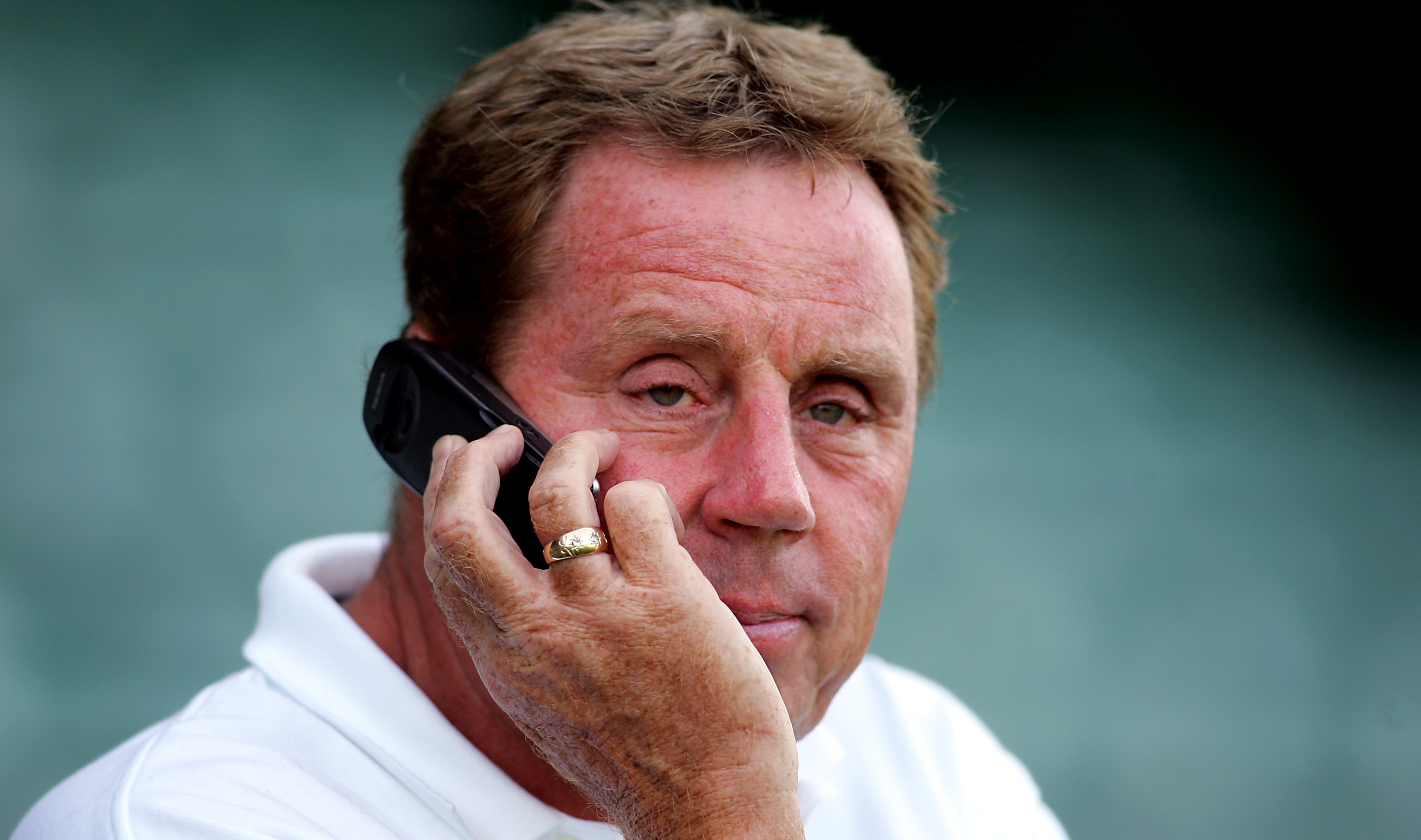
The Sunday Journalist: The Wayne Rooney thing from a while back has been portrayed as a case of a player using the threat of a transfer to get a pay rise, but it wasn't like that at all. Fergie forced his hand beautifully but that statement, when it came out, wasn't a transfer request - it was a cry for help. He wanted to stay but he wanted them to spend. And eventually the Glazers promised to spend, and they have.
The Agent: Of course, there are instances when you'll do the same interview with the local paper when you have no intention of your player re-signing for that club.
The Sunday Journalist: The hardest part is filtering the truth. There are very few agents I would listen to for a transfer story - they have too many agendas. There is a culture of lying. I probably disregard 70 per cent of what I'm told.
The Chief Exec: Agents love an auction for a player but they don't happen as often as the papers would have you think. There are what I call 'rule of three' stories, where there are three clubs claimed to be involved. Those stories have almost always come from agents and of the clubs mentioned, one will be really interested, one would be the club the agent and player want to be interested and the other one would be, in most cases, pure fantasy.
Agents love an auction for a player but they don't happen as often as the papers would have you think
The Sunday Journalist: It's not always the case that the player is party to any of the intrigue. A few years ago I heard Jermain Defoe was wanted by Sunderland and by coincidence I was interviewing Defoe the next day for some sponsor. So at the end I turned the tape off and asked: "Is there any truth in this Sunderland stuff?" He said: "We're the last to know. Sometimes people I've played with get a call that just says 'Congratulations, you're going here'."
The Chief Exec: There are instances I know of where a story appears linking a player to a club, which he eventually signs for, when I know another club is offering him more wages. That bit didn't get into the papers. The suspicion has to be that the agent was getting a bigger fee from the first club and didn't let the player know about the second. The game is littered with instances where agents didn't represent the best interest of their player; they represented the best interest of themselves.

The Tabloid Journalist: The biggest pressure is to have a consistently good strike rate. There are these websites which measure how many of your stories come true or not, but that's completely unfair. There are countless deals which break down for reasons that are nothing to do with us. Chelsea and Modric: the interest was there and the truth was there until it went away. But did Chelsea want him? Absolutely. Did he want to go there? Absolutely. And Andy Carroll and Carlos Tevez: there was once a potential swap there. Kenny Dalglish denied it, and I'm not saying he knew about it, but it was being talked about between the clubs and I believe the players knew about it. It's depressing to be briefed on someone like Van Persie by an agent or club or contacts you have made over years as a journalist, and do the story, to be told on Twitter: "You've made it up."
The Sunday Journalist: I get angry when people on Twitter have a go when one of your stories doesn't land, and say that means it was never true in the first place.
The Agent: For every deal that happens there are five that don't. There are so many obstacles in the way, so many wheels turning at the same time, and it only takes one thing to go wrong.
I get angry when people on Twitter have a go when one of your stories doesn't land, and say that means it was never true in the first place
The Sunday Journalist: It's not an exact science, of course - you wouldn't believe the elements involved. There are 20 different things that need to happen in any transfer to get it all the way through. I've been doing a story about [Player X], who is going to a Premier League club from Africa. The player is away at a World Cup qualifier, so they fly in his agent and everything looks good. Then they get a call from another agent with documentation proving that the first guy is not the player's real agent. They begin the process again with the other guy and everything looks good. Then it turns out the player has let his passport expire so he'll need a new visa, and hang on, there's another club in his own country who want him now… There are so many layers. There's a manager who's intercepted a player in an airport arrivals lounge when he was going to a neighbouring club! I'd done the story that he was going to the other club, so I was wrong even when I was right.
The Agent: Do fans feel let down when a transfer doesn't happen? Probably, but only if it's their team involved. Most are satisfied with a bit of hidden knowledge because everyone loves speculation; everyone loves knowing something you're not supposed to know.
The Tabloid Journalist: The interest is bigger than ever. You've got a Football Manager generation now aware of all these obscure players and prodigies across the world, and if they're aware of them, then agents and clubs are aware of them too.
The Chief Exec: The Americans have fantasy baseball and we have the transfer window. It's our obsession.
This feature was originally published in the August 2012 edition of FourFourTwo magazine. Subscribe!

